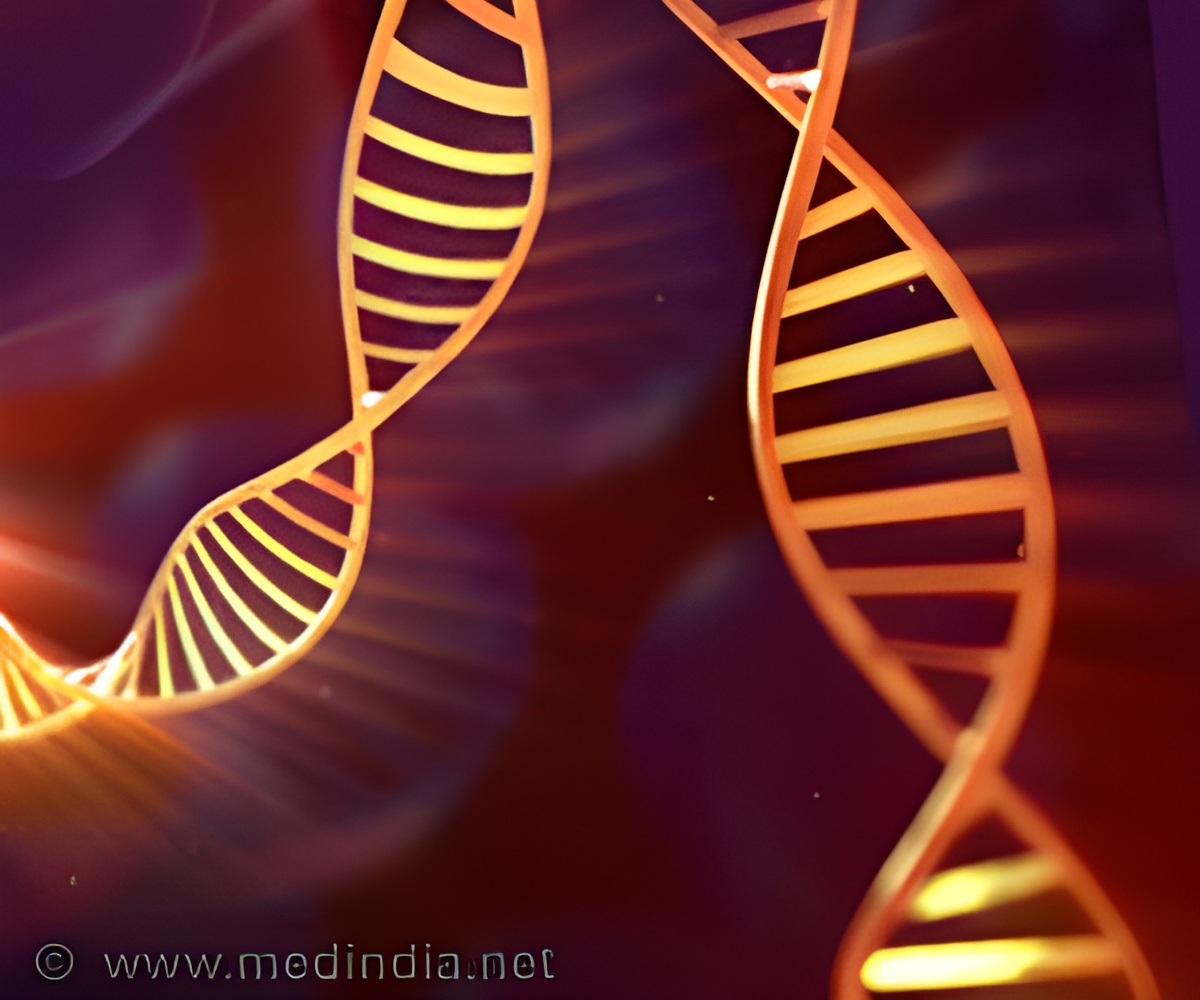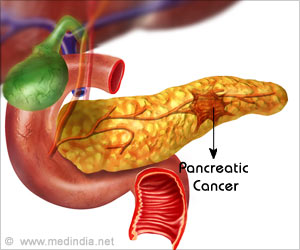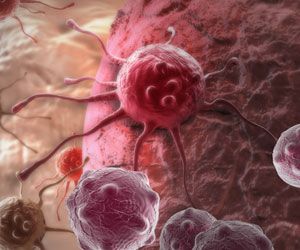Proponents of personalized cancer treatments matched to a patient's DNA sequencing, say that physicians increasingly need help to maneuver through the genomes to find therapy options.

"Next generation sequencing tools were used to profile patients' tumors," said Razelle Kurzrock, MD, director of the Center for Personalized Cancer Therapy at UC San Diego Moores Cancer Center. In the 34 cases examined, no two patients shared the same genomic abnormalities. "We found 74 genes with 123 aberrations involved in cancer growth. Technology is permitting us to look at the molecular level of tumors, but most physicians are not trained in advanced genomics. We need access to experts in fundamental molecular biology to translate the data."
The Moores Cancer Center's Molecular Tumor Board brought together medical, surgical and radiation therapy oncologists, biostatisticians, radiologists, pathologists, clinical geneticists, basic and translational science researchers, and bioinformatics and pathway analysis specialists to discuss the intricacies of tumor genetics and tailor a personalized treatment plan for patients with advanced cancer or who have exhausted standard therapies.
Of the 123 abnormalities found in the patients' genetic cancer profiles, 107 of these irregularities appeared only once. "Cancer can be different in every patient," said Barbara Parker, MD, Moores Cancer Center deputy director for Clinical Affairs. "Standard therapy can be very efficient for many patients, but for those who do not respond to conventional treatment we need to find alternatives that will work for their disease."
For 12 patients studied who had failed to respond to conventional therapy, treatment plans were modified according to the results of their genomic testing and the Molecular Tumor Board's input.
"Three of the patients who had personalized cancer treatment plans discussed at the Molecular Tumor board had a partial response," said Richard Schwab, MD, Moores Cancer Center hematology oncologist and co-director of the Biorepository and Tissue Technology Shared Resource. "Developing a plan tailored to a patient's genetic makeup is helping us treat patients who are not responding to standard care or whose disease may have become drug resistant."
Advertisement
"We have found that molecular diagnostics play an important role in patient care when paired with the expertise of a molecular tumor board," said Maria Schwaederle, PharmD, lead author and a researcher in the Center for Personalized Cancer Therapy. "However, the immense complexity of tumors and their genomic aberrations will require sophisticated computer technologies for optimal interpretation, and patients need access to more clinical trials and to targeted drugs."
Advertisement















